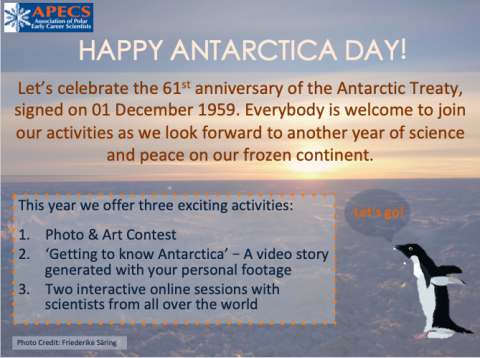In recent years, there has been a dramatic increase in attention placed on the Arctic, with focus on the economic development, telecommunications, military, and shipping dimensions of the region. These emerging interests have highlighted the absence of critical infrastructure, particularly in the United States Arctic. Without the necessary infrastructure, the United States—as well as other Arctic nations—is and will be ill-prepared address the realities of increased economic activity, national and civil security challenges, preventing and mitigating environmental disasters, and many other issues Arctic nations collectively face.
The Arctic Infrastructure Inventory aims to help address and inform many of these issues through a public inventory of current and planned infrastructure projects across the Arctic. With currently over 8,000 projects, the Inventory is a digital list of infrastructure projects in the Arctic. It can be a tool to inform policymaking, investment, science research, and civil security planning, and will provide all stakeholders with a resource detailing Arctic infrastructure at the local, national, and regional levels.
Please join the Wilson Center for the official launch of the Arctic Infrastructure Inventory, including an exhibition of the Inventory and a series of brief "TED Talks" about the genesis and utility of the Inventory and the overall need for infrastructure in the Arctic. Additional speakers will be announced shortly.
While the Inventory will be publicly available after this launch, please note that the overall initiative is still in its early stages. As such, the Wilson Center will continue to add infrastructure projects, develop and refine research methodologies, and otherwise continue to build the Inventory. Please contact the Polar Institute with any questions, comments, or potential projects/resources to include in the Inventory.
Speakers:
James P. DeHart
U.S. Coordinator for the Arctic Region, U.S. Department of State
Sherri Goodman
Senior Fellow, Polar Institute and Environmental Change & Security Program;
Former U.S. Deputy Under Secretary of Defense (Environmental Security)
Heidar Gudjonsson
Chairman, Arctic Economic Council
Alice Rogoff
Co-Chair, Polar Institute;
Publisher, Alaska Today
Gail R. Schubert
President & CEO, Bering Straits Native Corporation
Mead Treadwell
Co-Chair, Polar Institute;
former Lieutenant Governor, State of Alaska; former Chair, U.S. Arctic Research Commission
Keynote Remarks:
Jack Durkee
Program Associate, Polar Institute & Manager, Arctic Infrastructure Inventory
Introduction:
Michael Sfraga
Director, Polar Institute & Director, Global Risk and Resilience Program

